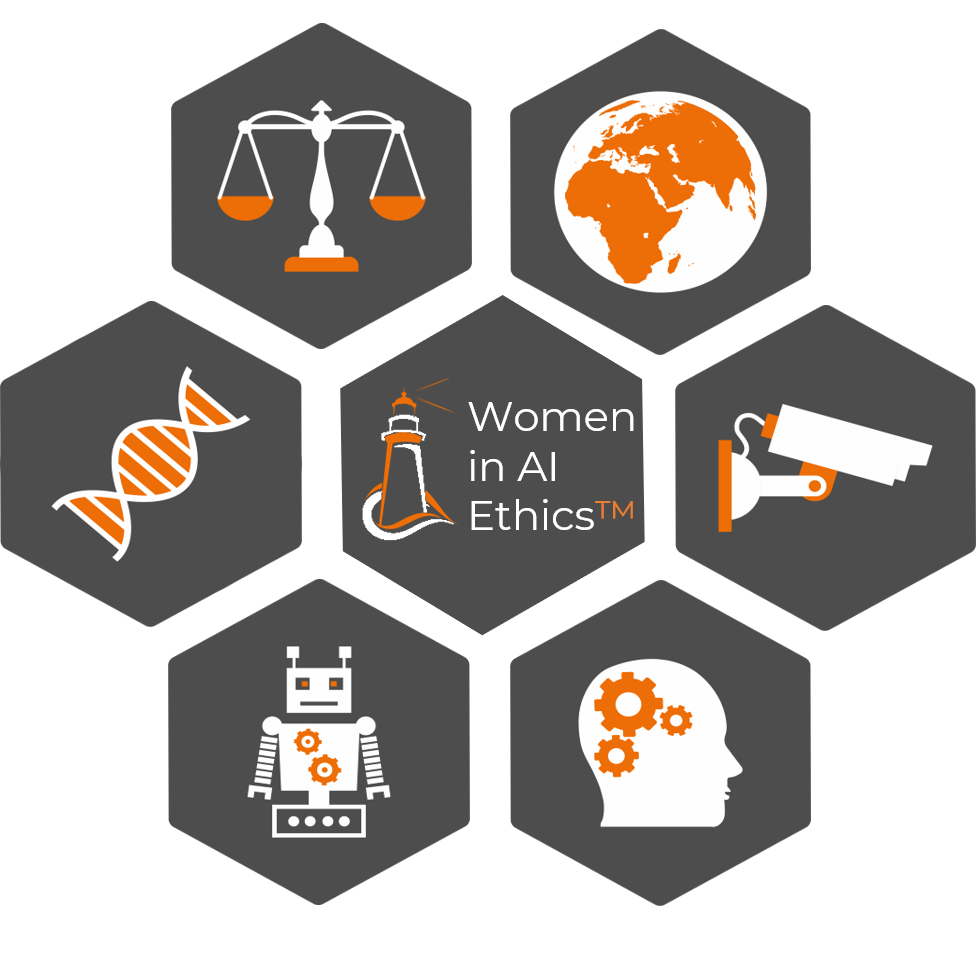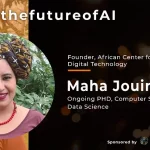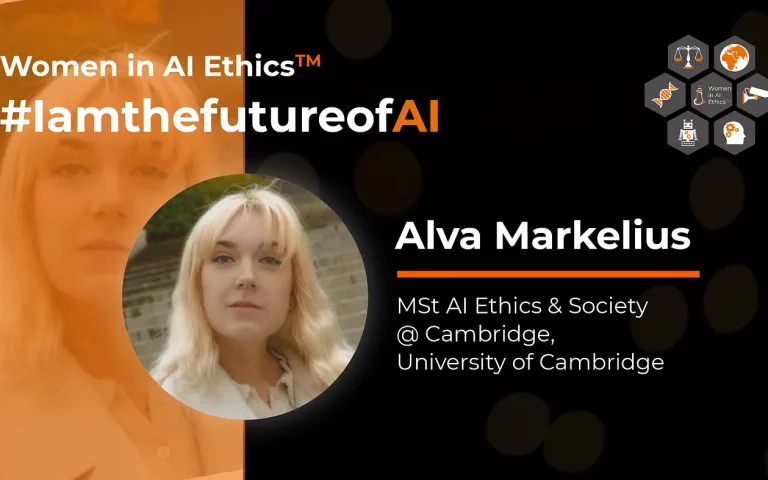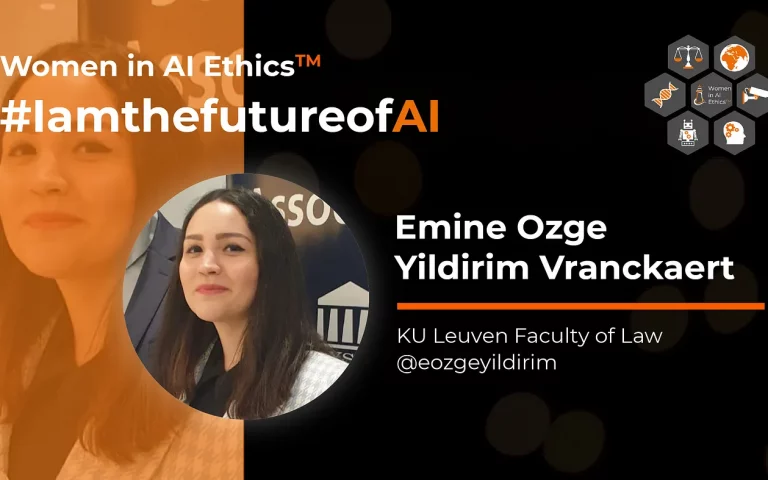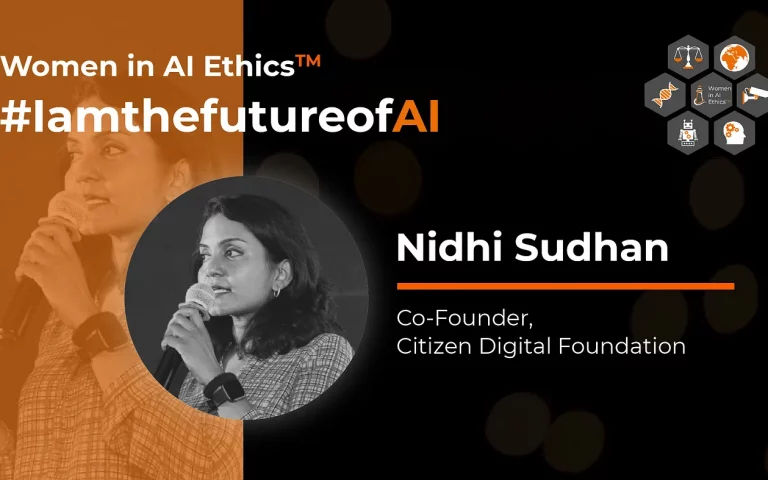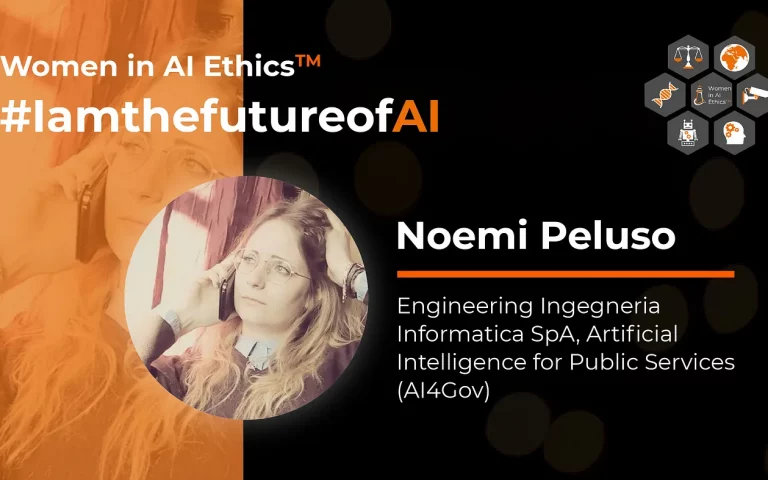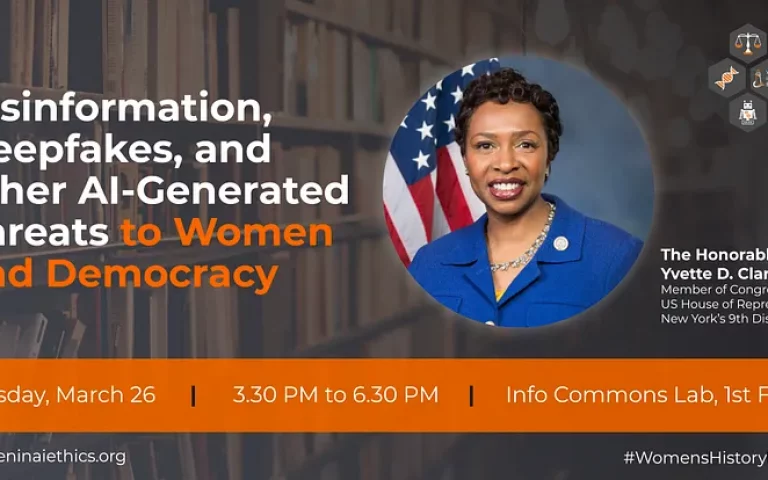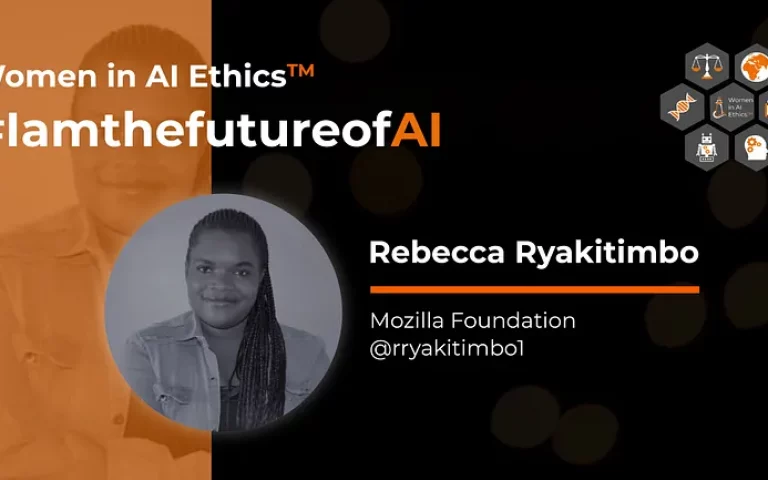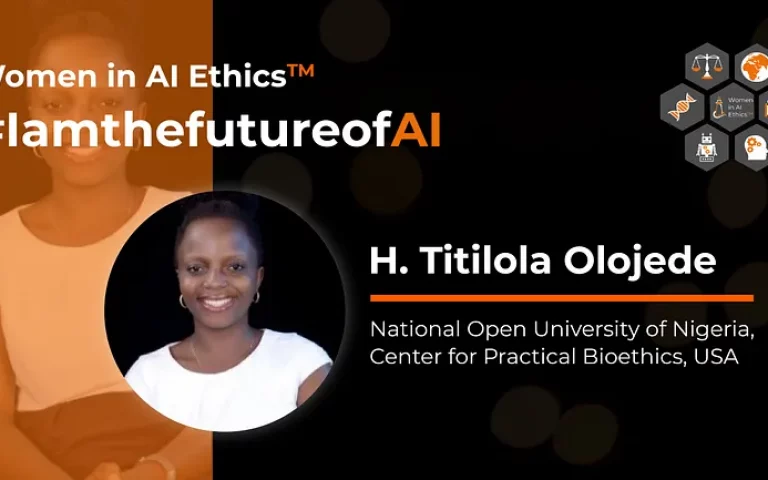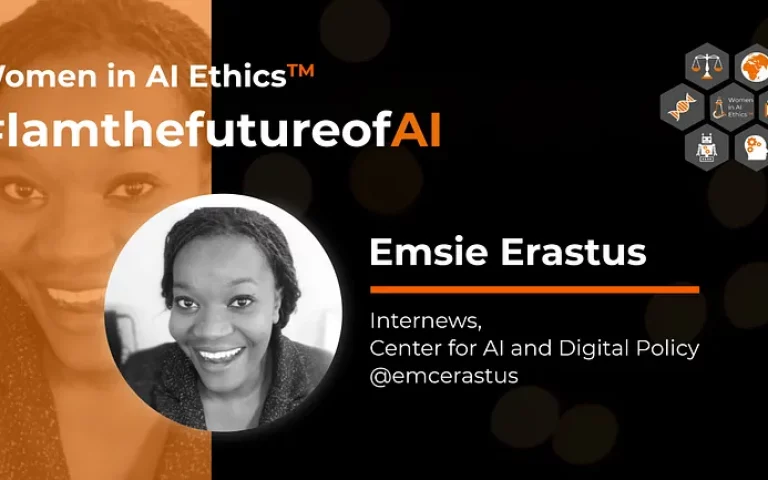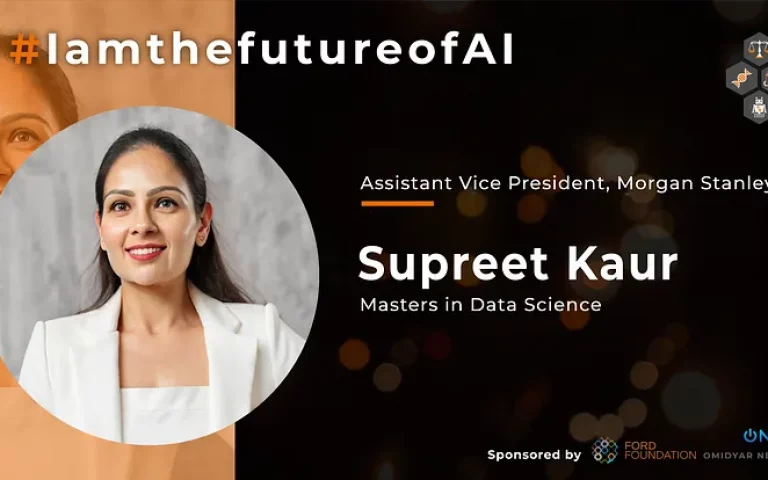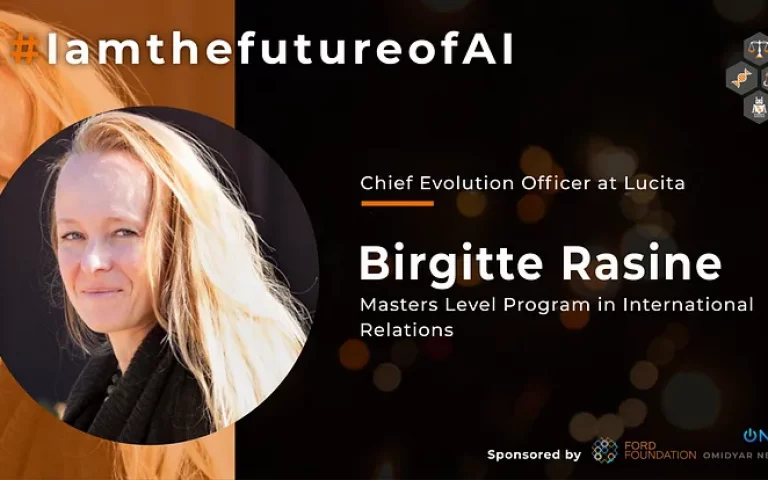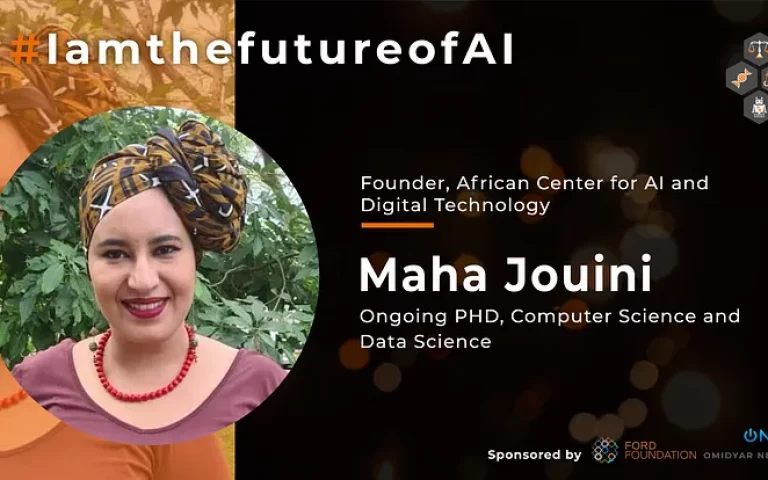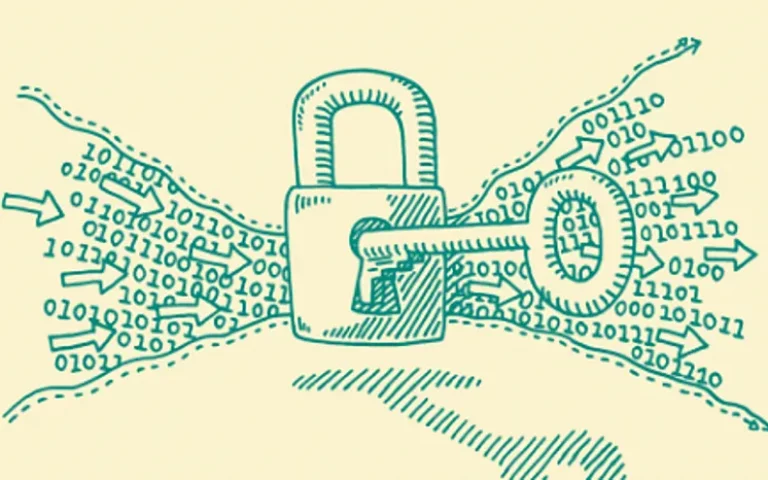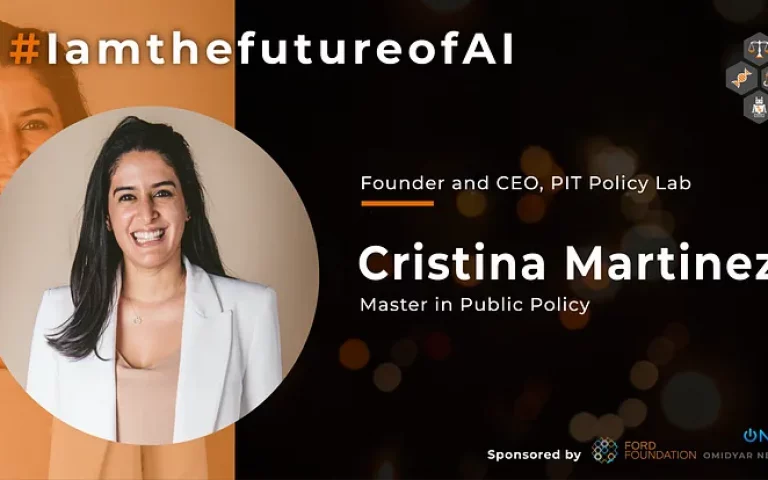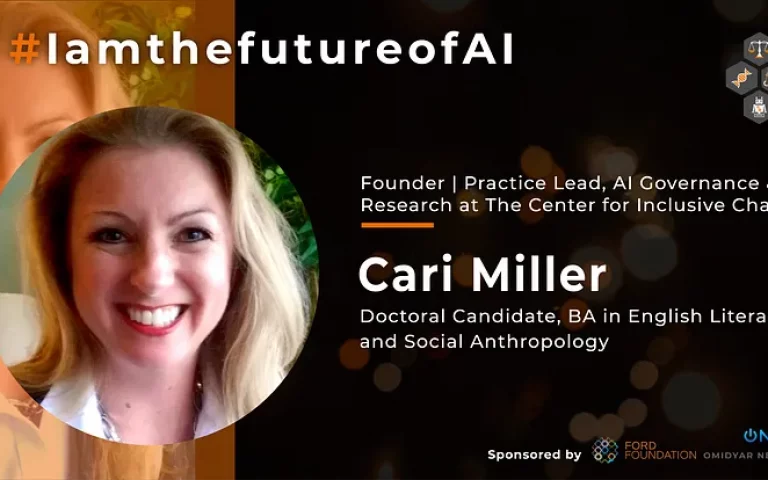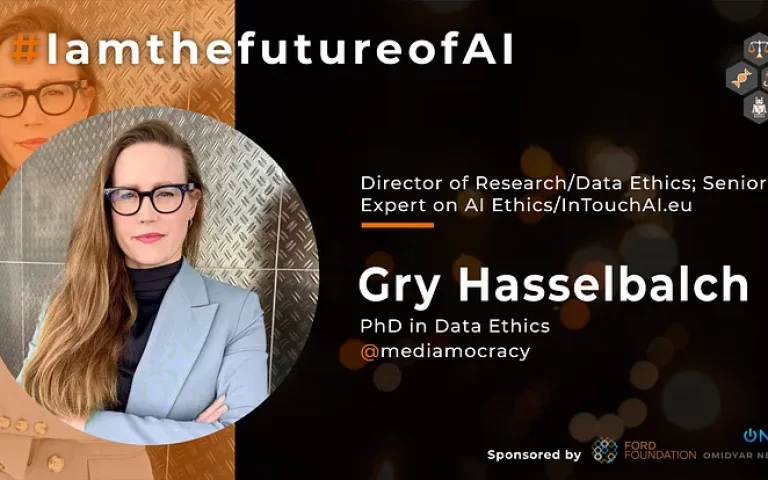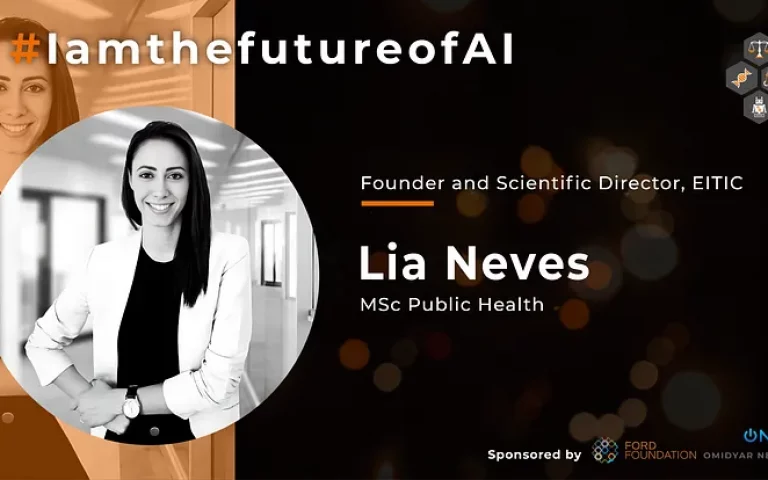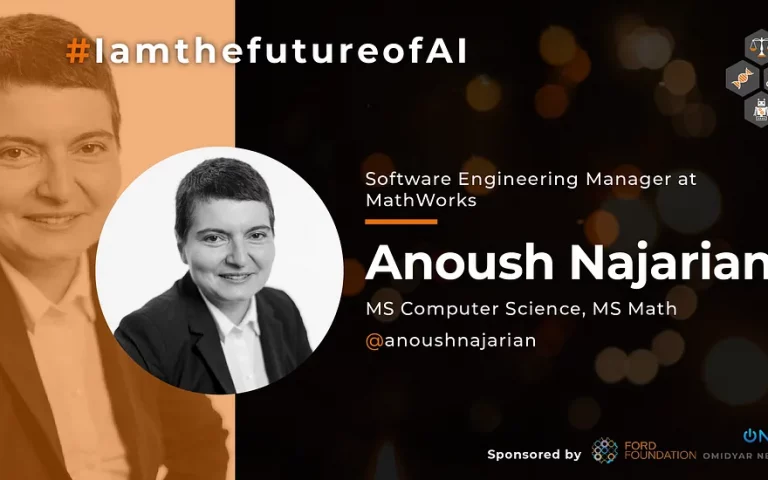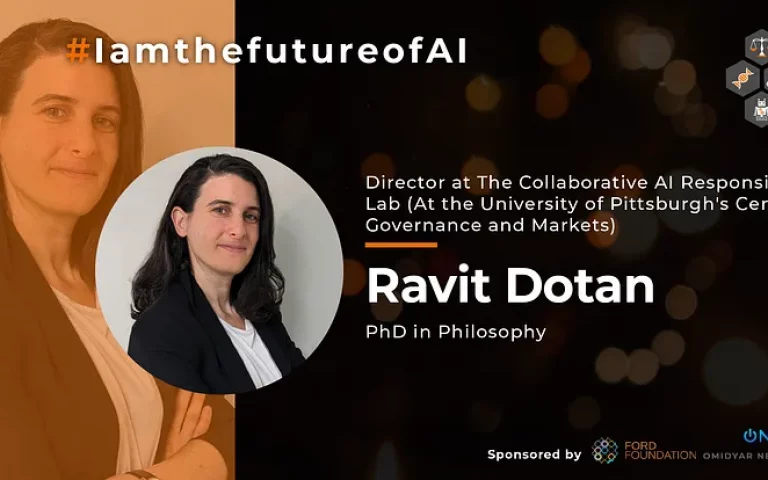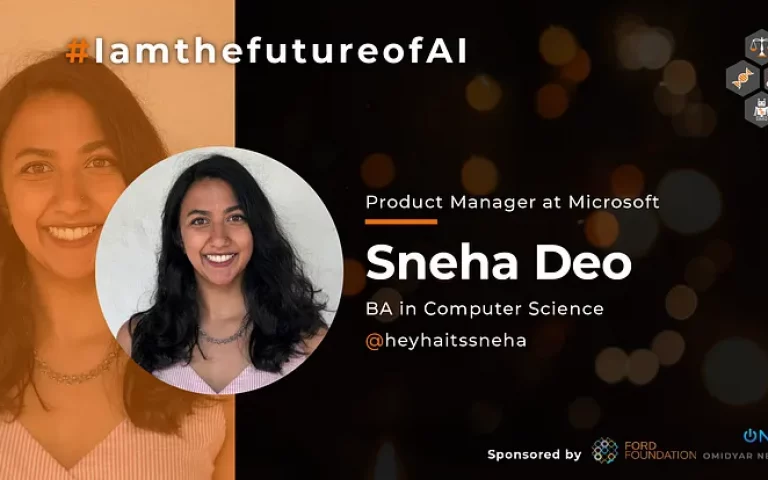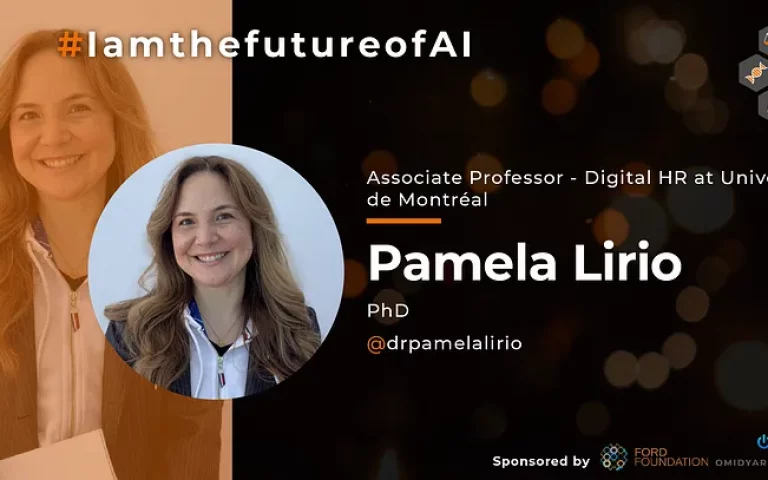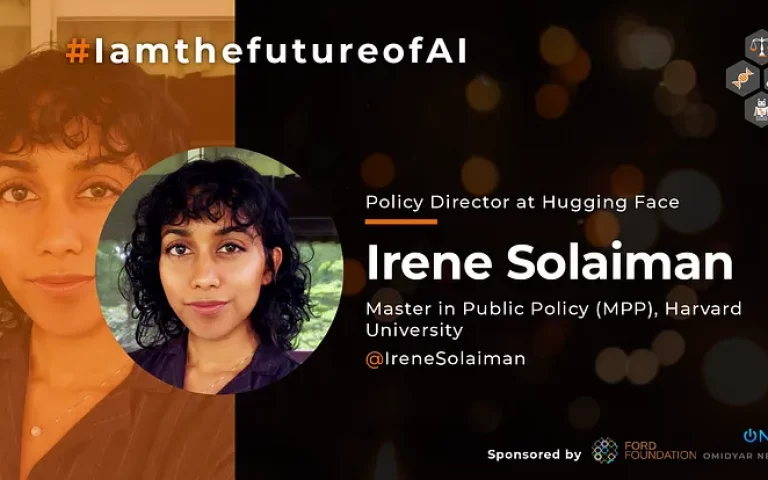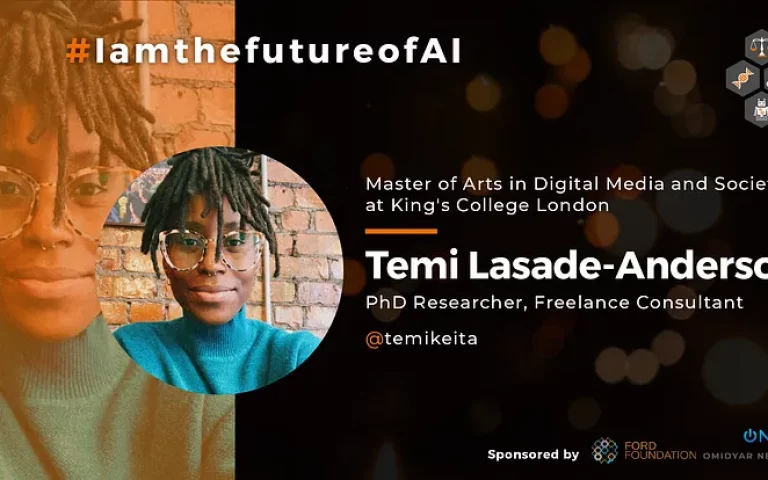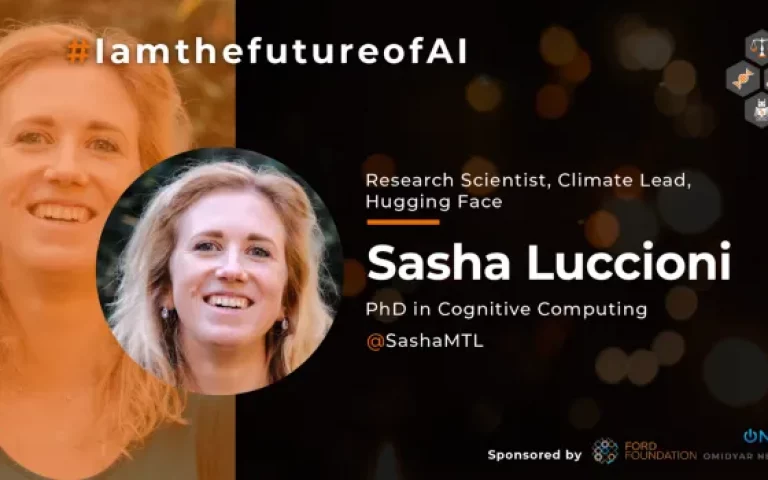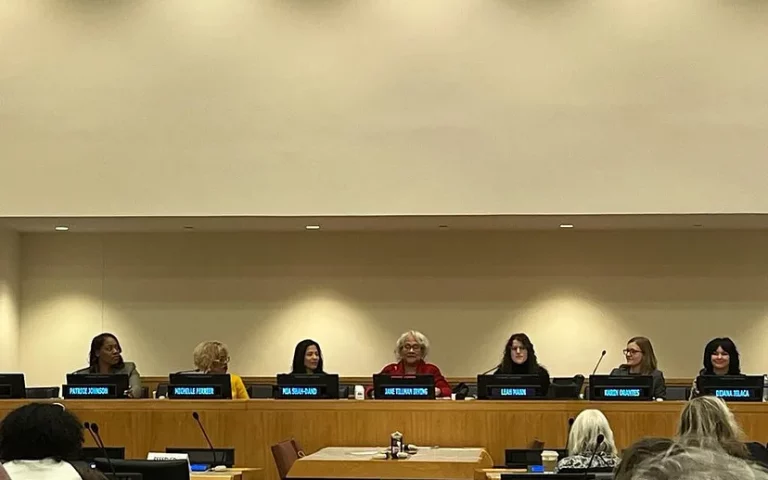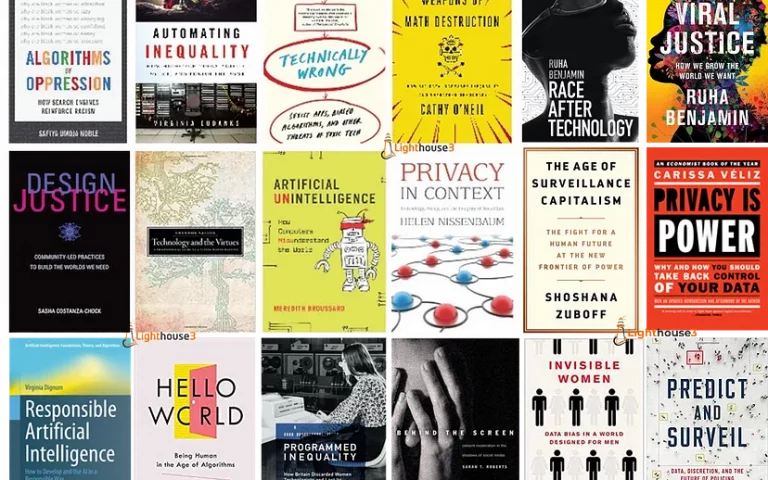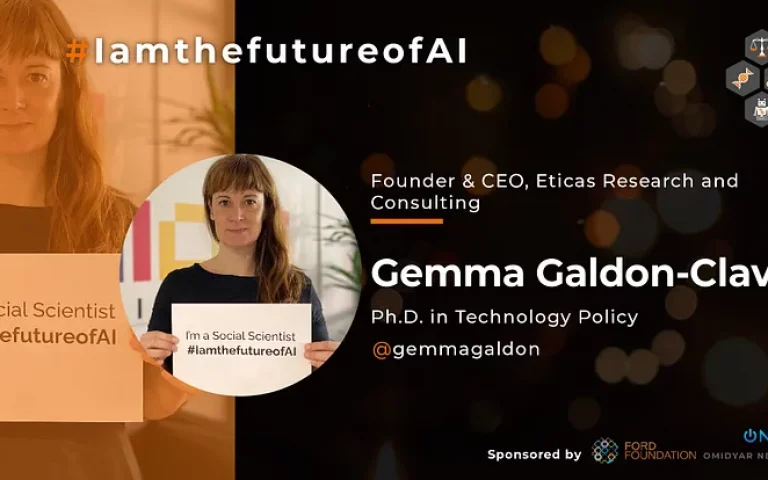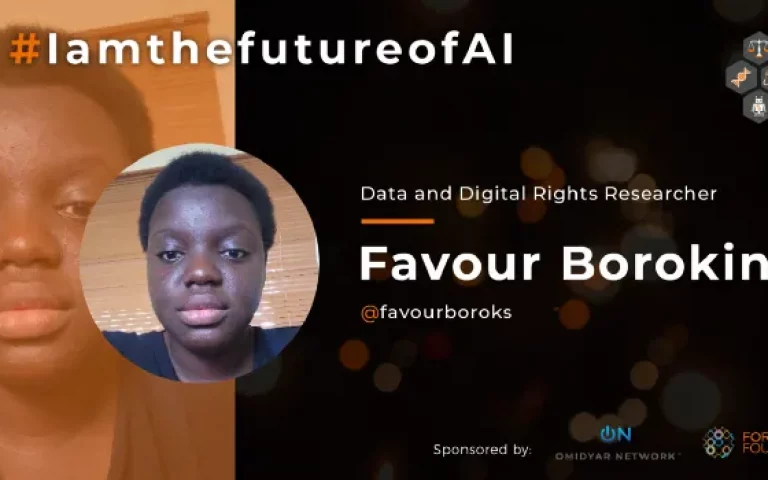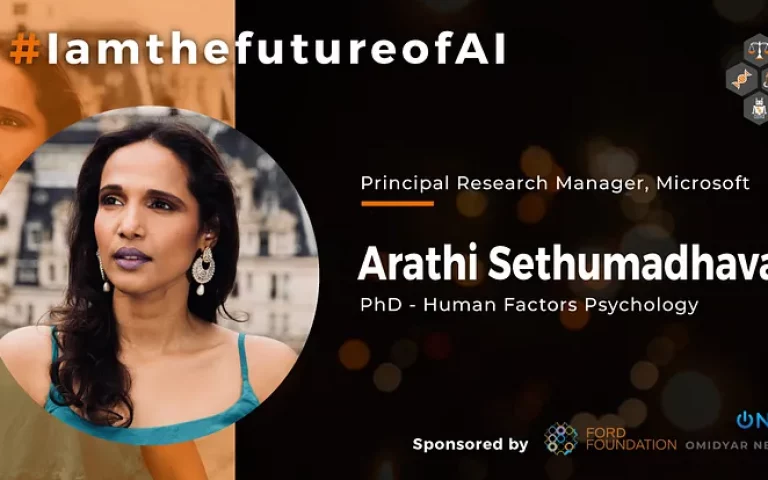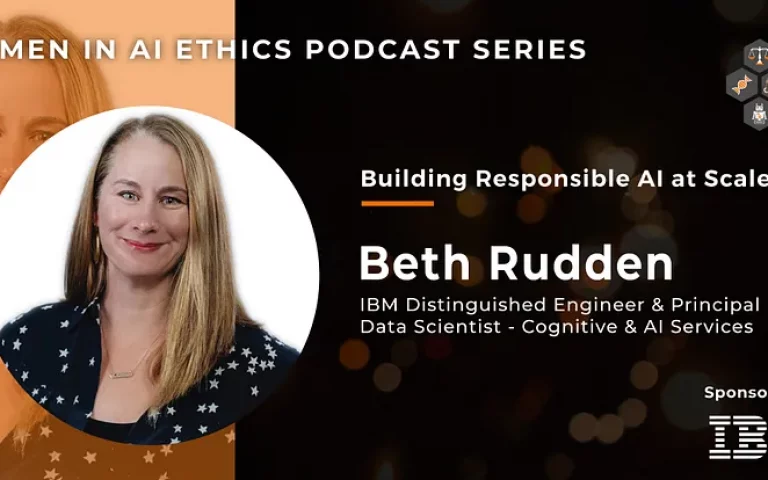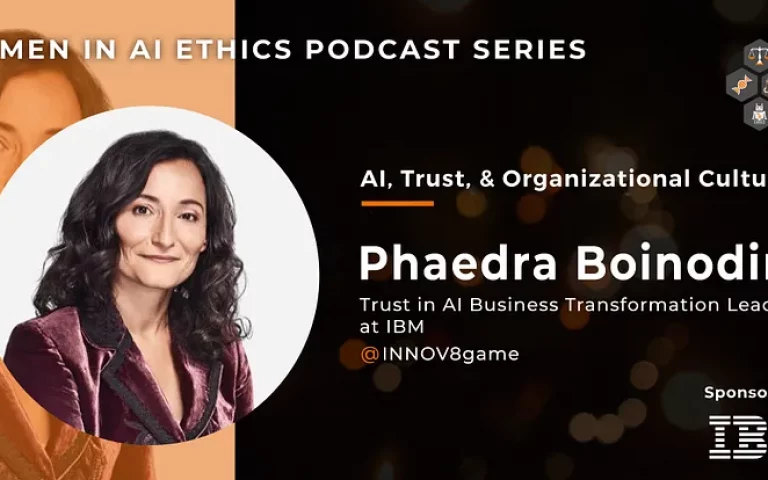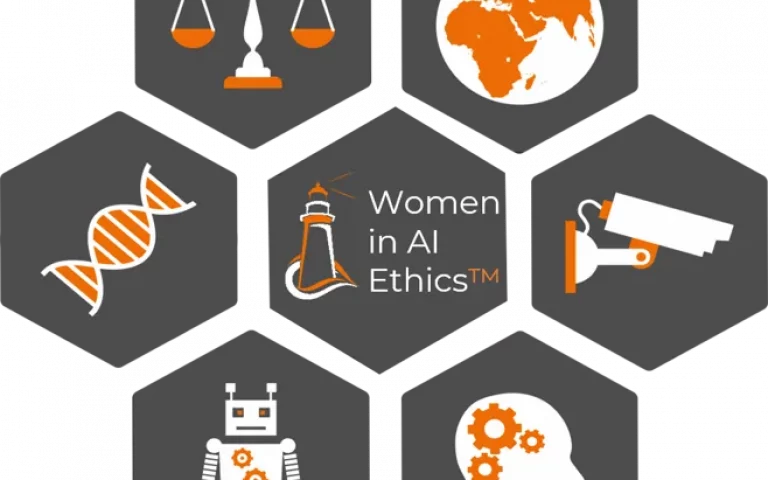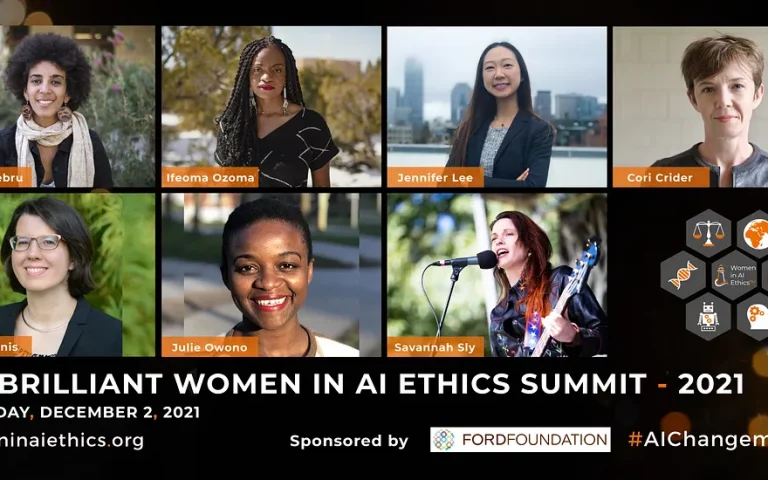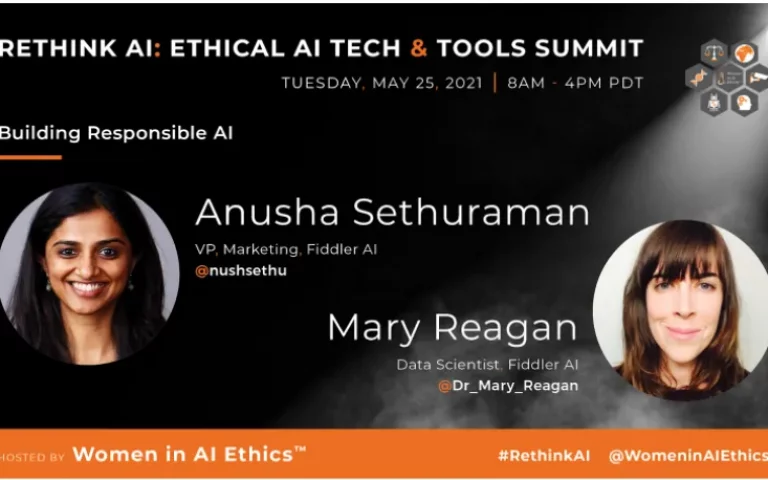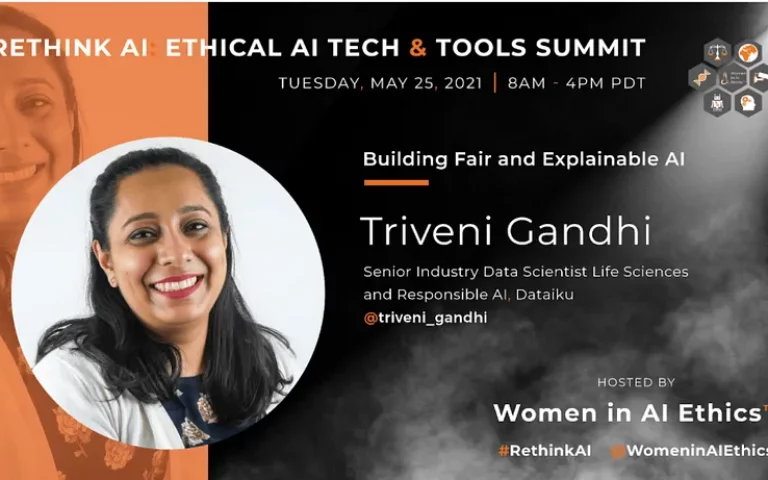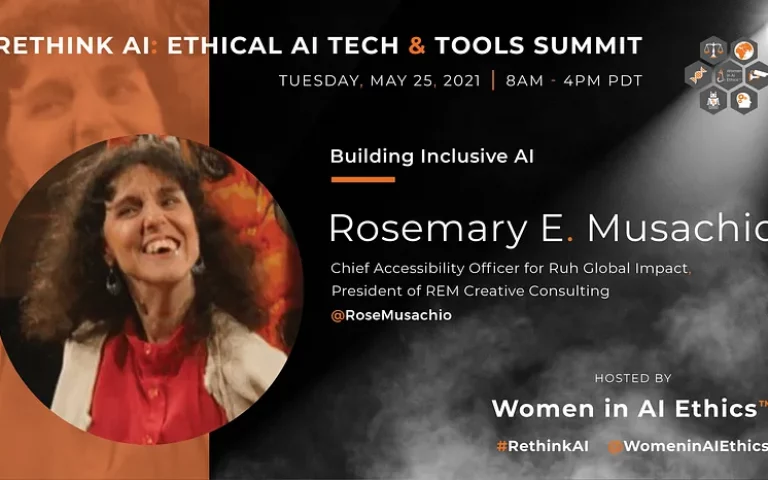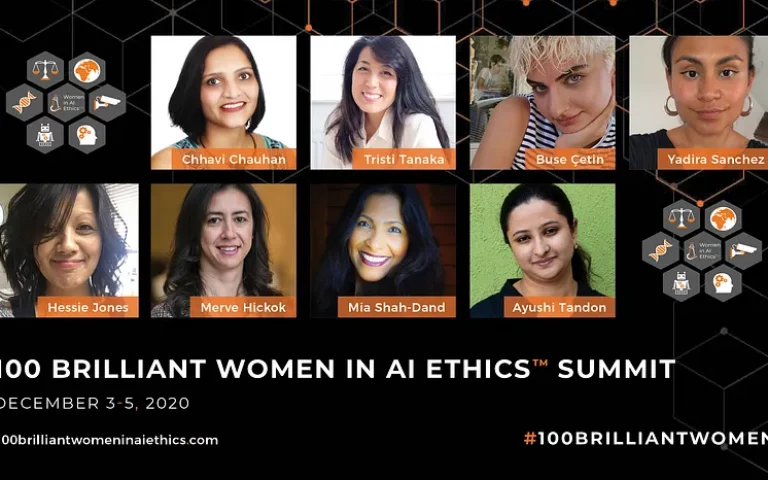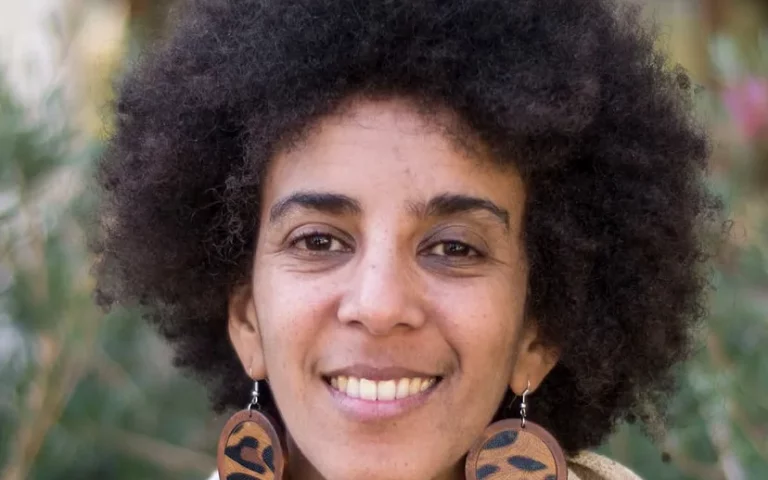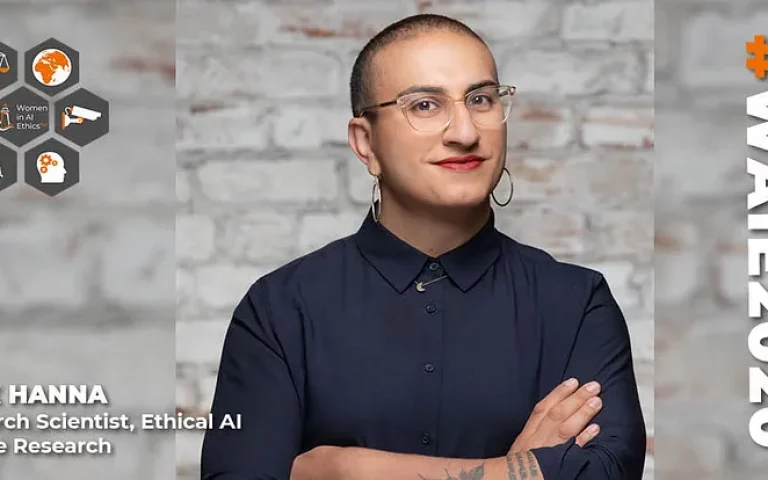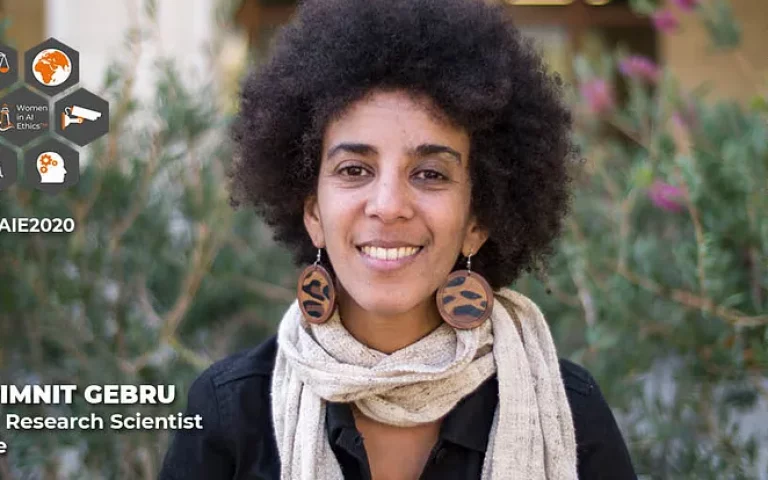In this blog post, we will delve deeper into Elle Farrell-Kingsley’s insights, exploring practical steps we can take to challenge the tech bro culture, and how we can all play a role in creating a thriving, inclusive industry. We invite you to join us on this journey of empowerment and transformation, as we seek to reshape the landscape of tech and AI, one story at a time.
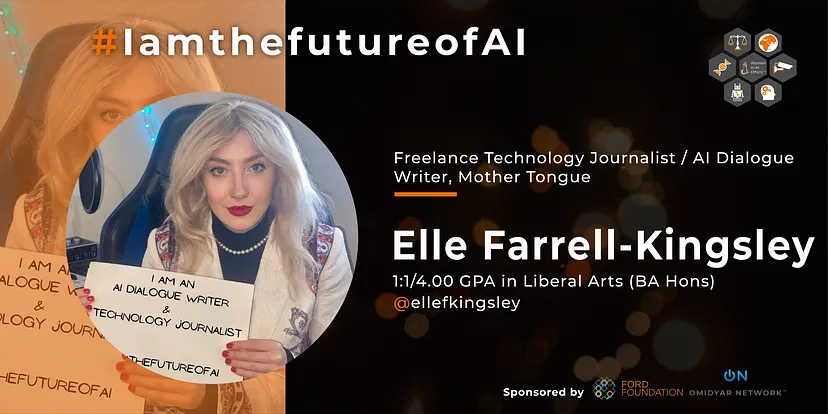
This interview is part of Women in AI Ethics (WAIE)’s “I am the future of AI” campaign launched with support from the Ford Foundation and Omidyar Network to showcase multidisciplinary talent in this space by featuring career journeys and work of women as well as non-binary folks from diverse backgrounds building the future of AI. By raising awareness about the different pathways into AI and making it more accessible, this campaign aspires to inspire participation from historically underrepresented groups for a more equitable and ethical tech future.
Can you share an incident that inspired you to join this space?
As a tech journalist, I can often be the only woman at events, and it would be great to learn from other women across the industry.
How did you land your current role?
I was inspired by the Cambridge Analytica scandal to enter the tech journalism space to understand what’s going on in tech and found myself drawn toward AI articles. From my publications, I was then invited to work as an AI Dialogue Writer, where I now use my humanities and social science background to humanise the response of AI.
What kind of issues in AI do you tackle in your day-to-day work?
Bias, policy/legalisation, data collection, censorship, AIs developing a persona.
If you have a non-traditional or non-technical background, what barriers did you encounter and how did you overcome them?
As a 25-year-old woman, I’ve discovered that coming into the tech space can lead to people often overlooking my knowledge, or worse, assuming at events/conferences, that I’m the admin, PA, or receptionist. Similarly, as someone with a humanities and social science background can be challenging, as people may question technical expertise. However, much like the Enlightenment, where research became incredibly interdisciplinary, AI also needs a humanities approach. As such, I’ve had to prove myself and go above and beyond in my research to prove I am also capable of technical subjects. Eventually, my work became well-recognised by those who read it as reputable, reliable, and highly-technical.
Why is more diversity — gender, race, orientation, socio-economic background, other — in the AI ethics space important?
If we consider AI in terms of utilitarianism, where the ultimate purpose is for the good of people, then it must also reflect the wide diversity of humanity. If only privileged individuals work on AI, then the AI will inherently become biased.
What is your advice to those from non-traditional backgrounds who want to do meaningful work in this space on how to overcome barriers like tech bro culture, lack of ethical funding/opportunities, etc.?
The more of us who enter the industry, the more the tech-bro culture will fade.
An experienced journalist, presenter, editor, and author, Elle is a passionate advocate for youth policymaking, AI ethics, and interdisciplinary approaches. Elle has been recognised for her reporting on emerging technologies and their social impact, earning accolades such as a funded place on the Sustainable Finance for Journalists programme at the University of Oxford and the prestigious John Schofield Fellowship with a mentor from BBC World News, where she is undergoing specialised training in broadcast media.
With a humanities and social sciences background, she offers a unique perspective that encourages readers to explore the intersection of arts, technology, policy, and society.
